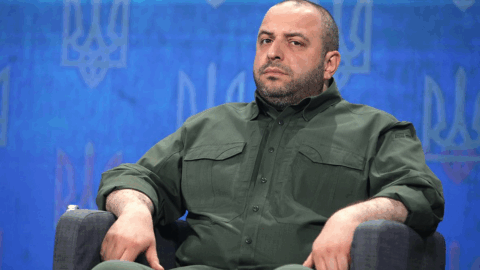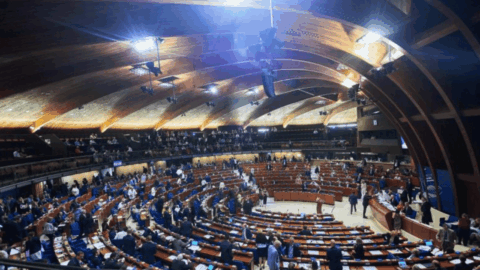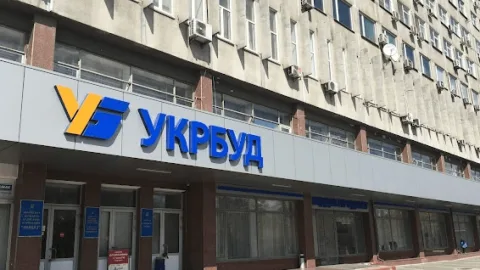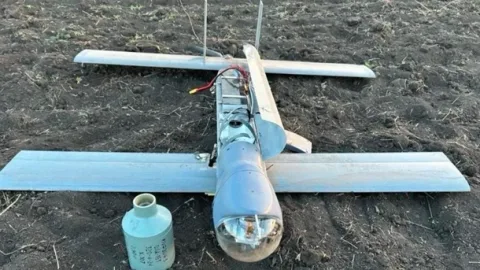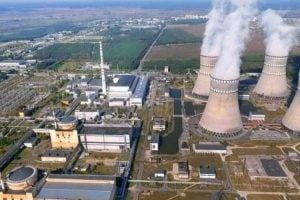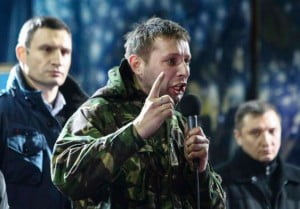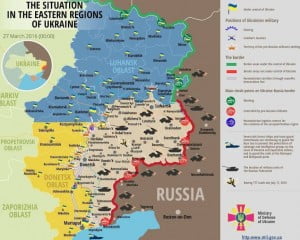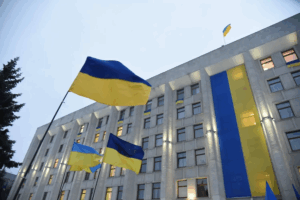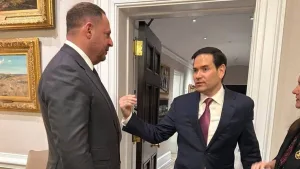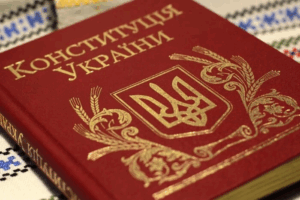What could be the new EU and US sanctions policy against Russia – Ukrainian expert Andriy Klymenko’s opinion.
Since the new sanctions packages by our allies will be announced shortly, let’s conduct an experiment, by comparing them to the vision of the Monitoring Group of the Black Sea Institute for Strategic Studies ![]() .
.
Here is the essence. Detailed explanations for those who like longreads will follow:
1. The main aim of the sanctions should change from merely sending signals that the West can do something if Russia’s policy does not change. instead they must:
1.1. radically reduce Russia’s ability to earn foreign currency by exporting raw materials.
1.2. maximally deprive Russia of the ability to import machines, equipment, precision instruments, microchips, and other items used for war.
To that end, what’s clearly needed is:
1.3. maximum economic isolation of the Russian Federation from the civilized world — that is, from the modern global high-tech economy — even if that leads to a certain split of the world economy into those supporting the sanctions or not.
2. We must prevent Russia from receiving foreign currency earnings from maritime exports of oil and oil products and thus:
2.1. immediately and categorically prohibit tanker fleets of the Western countries that have imposed sanctions from transporting any Russian oil and oil products, regardless of whether they have documents confirming compliance with the “price ceiling” or not, because it is still a deceit. That will put about 30-35% of tankers, mostly of Greek companies, out of business. Physically, it’s not much — about only 50-55 ships monthly in the Baltic Sea and 32-33 — in the Black Sea.
2.2. prohibit tankers of the countries of the “sanctions coalition” from carrying anything from Russian ports because during the war, it looks odd when American tankers carry some ridiculous amounts of mineral fertilizers from Russian ports to US ports, which causes more noise and shame than business.
2.3 include all — as in ALL — tankers transporting Russian oil and oil products around the world in the US and EU sanctions lists.
2.4. prohibit ALL ports of the “sanctions coalition” countries from accepting tankers from the raid transshipment areas, namely:
(1) in the Gulf near the Spanish port of Cadiz,
(2,3) two — near the northern coast of Morocco in the Mediterranean Sea,
(4) south of the Laconian Gulf near the island of Kýthira (Greece),
(5) off the coast of Malta,
(6) at the entrance to the Strait of Suez,
(7) near the Israeli port of Haifa.
2.5. warn Turkey that if it does not stop re-exporting “repackaged” Russian oil and oil products to the EU, the same restrictions would be applied to Turkish ports in the EU.
3. ban the export to Russia of ALL goods and products containing microcircuits, optical and electronic components and precision mechanics manufactured by the countries of the “sanctions coalition”, as well as licensed goods and products of the same groups.
4. warn banks and logistics companies of ALL COUNTRIES OF THE WORLD that servicing export-import operations with the goods listed above will result in a ban on the use of USD and Euro.
5. extend the sanctions to ALL Russian banks and financial companies — today only 62 out of Russia’s 320 banks are under sanctions.
6. make public a categorical requirement for all EU and US companies that have subsidiaries, branches, etc. in Russia — currently numbering in the thousands — to completely freeze their activities within a few months.
7. immediately synchronize ALL sanctions lists of the US, EU, Ukraine and other countries of the “sanctions coalition”. That is, in all those countries, accept unconditionally the results of investigations into companies that violate sanctions or facilitate their circumvention. Since all those states trust each other’s intelligence, their trust in economic and financial intelligence should also be automatic.
8. immediately prohibit, without exception, all technical support for foreign technological equipment, including specialized software, already used at Russian enterprises.
9. transfer the control functions over the sanctions implementation from the EU countries to the European Commission, creating a European analog of the US financial intelligence agency OFAC.
It’s essential that the EU Council and the European Parliament officially prevent the individual EU states’ ability to block the imposition of specific sanctions.
Tags: Andriy Klymenko russia ukraine war sanctions against russia sanctions policy


